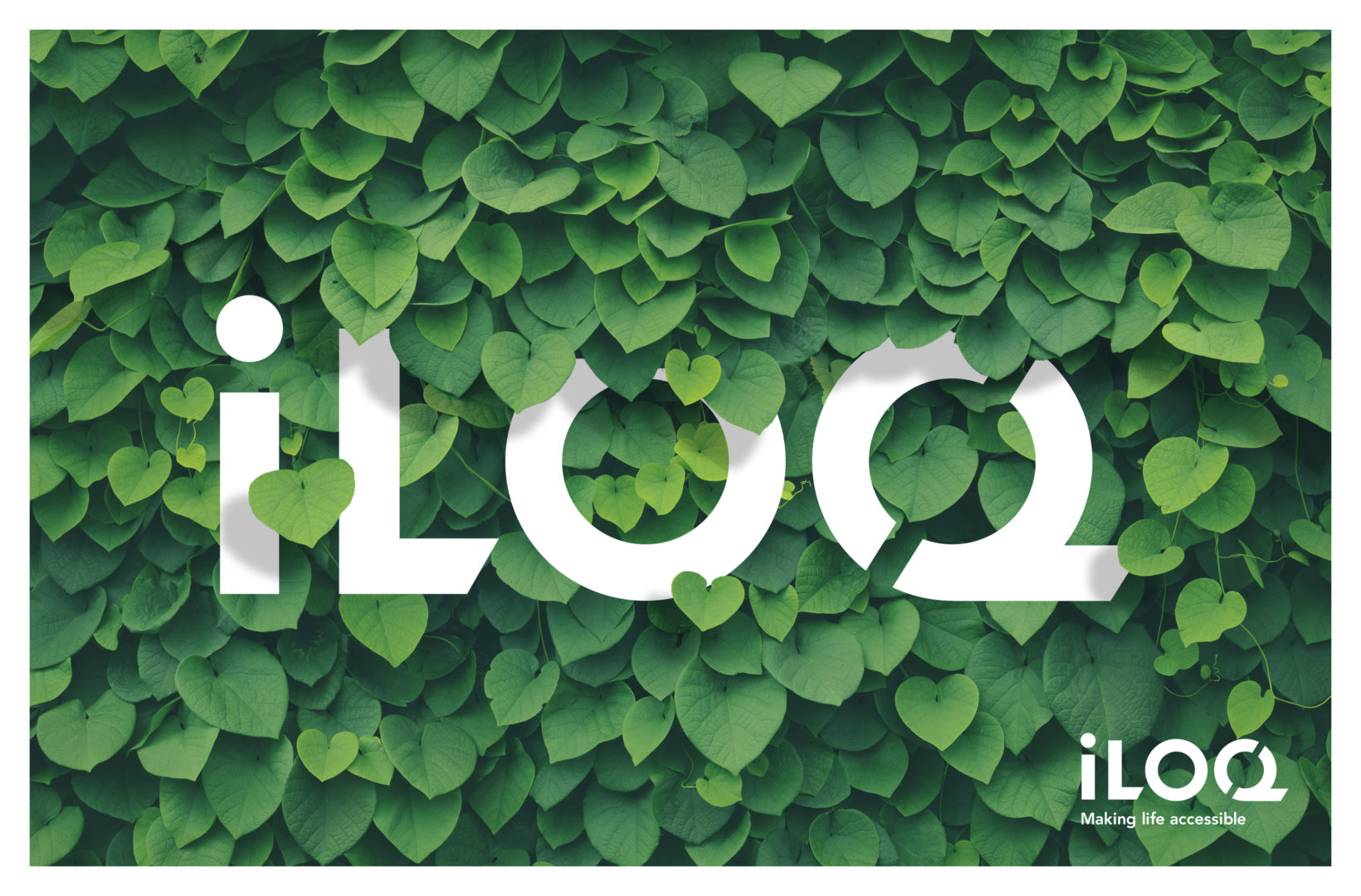Creating value for our stakeholders – sustainably

“The greatest threat to our planet is the belief that someone else will save it.” This quote from British historian, explorer and activist, Robert Swan, over a decade ago was certainly provocative. But it shook a lot of people into action.
In today’s business world, companies are finally realizing they can no longer distance themselves and their operations from the eco-systems around them. We must have the right policies and strategies in place and conduct our activities in ways to ensure we have a minimal use of natural resources and minimize our environmental impact.
Thankfully, since its establishment in 2003, iLOQ has been ahead of the game in the access management industry when it comes to acting sustainably.
Product sustainability
No batteries
All iLOQ access management solutions are self-powered, with the power needed to confirm access rights and open the lock coming either from the kinetic energy produced by the motion of inserting the key into the lock or from a smartphone. This unique feature eliminates 50,000 kg of non-recyclable battery waste each year.
Digital is environmental
Cloud-based digital access management reduces the number of needed physical local servers. This reduces the amount of physical hardware, which eventually ends up as electronic waste and scrap metal. Running one server rather than thousands of separate local servers drastically reduces the consumption of energy.
Reusable and reprogrammable keys
All iLOQ keys are reusable and reprogrammable. This means that instead of becoming waste, they can be reallocated to work with a new or different set of locks within the same system. Reprogramming also includes blocking lost or misplaced keys, which eliminates the need to change entire lock systems for security reasons helping to save raw materials in everyday use.
Built to last and perform
Creating durable and virtually maintenance-free products and solutions with an extended lifecycle means a reduced need for materials and hardware, as well as installment- and repair-related travel.
Production sustainability
Water: No water used in our processes
Our product assembly processes do not use any water. Water consumption at iLOQ facilities is restricted to regular office use.
Materials: Metals and plastics
We concentrate on efficient use of raw materials and the recycling of process waste whenever possible. Raw materials only account for 1–3% of the total cost of our standard locks.
Packaging: Recyclable board
All iLOQ products are shipped from our assembly plant in packaging made of recyclable cardboard. Inbound components are also mostly shipped in recyclable packaging.
Recycling and waste management
Waste material is always handled in compliance with local regulations at each iLOQ site. All metal waste from machining and tooling is collected and returned to the foundry to be reused. Waste sorting and recycling on premises is carried out with separate collection points for metals, electronic waste (according to WEEE), paper, cardboard, and combustible energy waste.
Transportation sustainability
Taking advantage of UPS’ carbon-neutral program, we offset emissions from our courier and parcel transport to verified environmental projects where methane is turned into biogas for heat and electricity production. Through Kuehne+Nagel’s Net Zero Carbon environmental program, we offset emissions from our transportation to verified environmental projects that absorb carbon dioxide from the atmosphere. And, whenever possible, we recommend overland transportation over air freight.
2022 and beyond
Going forwards, we will continue to heavily invest in ESG (Environmental, Social, and Corporate Governance) as the foundation of our collective commitment to sustainability. We will be bringing you regular updates throughout this year on our progress on topics such as analysis of our greenhouse gas emissions, our circular economy and our social development goals. So please follow us on all our channels and bookmark our website for the launch of our new Sustainability section. If you have any questions about our sustainability policies and strategies, don’t hesitate to get in touch.


